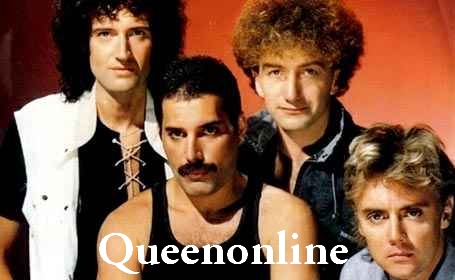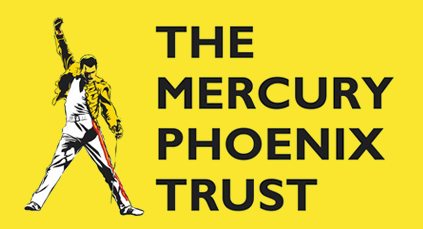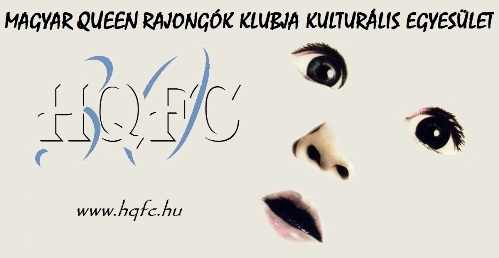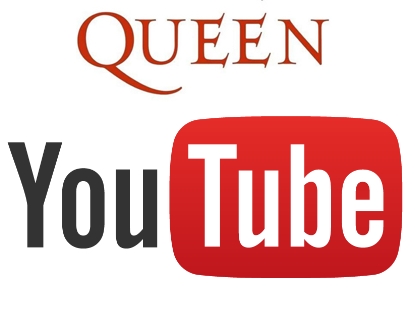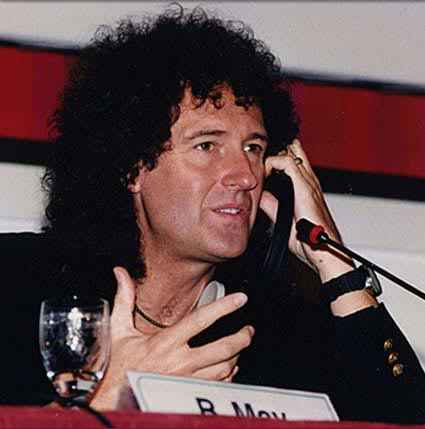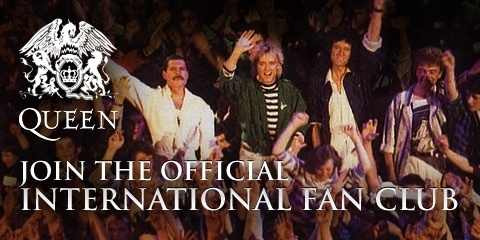For 12 years, Peter Freestone watched his employer and best friend, Freddie Mercury, perform to packed concert venues.
Mercury, the glamorous linchpin of Grammy Hall of Fame band Queen, died in 1991, leaving behind iconic songs such as “Bohemian Rhapsody,” “Another One Bites the Dust” and “Crazy Little Thing Called Love.”






 Súgó
Súgó